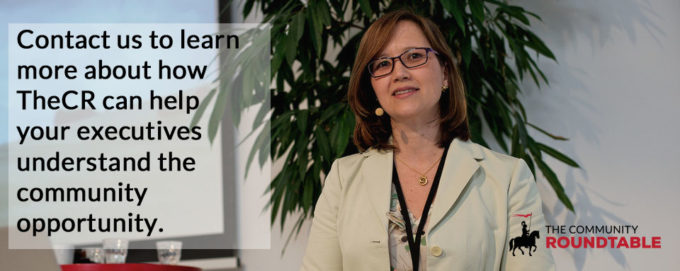Lessons from The NEW Community Manager Handbook is a limited-run podcast series, featuring the 21 community leaders showcased in the Handbook in conversation with Anne Mbugua.
Episode 13 of Lessons from the NEW Community Manager Handbook features Jephtah Abu, Community Manager, Cerulean Blue on getting started in community.
Jephtah and host, Anne Mbugua discuss how volunteering can be a good way to break into online community management as a career and the importance of networking – both online and offline,
Jephtah Abu on Getting Started in Community
Podcast (handbook-podcast): Play in new window | Download
About Jephtah
Jephtah Abu is a community manager with more than five years of experience. He has worked with B2B brands, tech start-ups, and SAAS organizations to help build diverse and inclusive communities for their audience members.
About Cerulean Blue
Cerulean Blue believes in a more accessible, equitable Web through community building and new technologies. Their global team consists of creatives, technologists, NFT enthusiasts, veterans of the art world, designers, decentralized finance professionals and others with a shared vision: To enable artistic expression by connecting creatives with brands.
About The NEW Community Manager Handbook
The NEW Community Manager Handbook features 21 profiles of community leaders sharing advice and ideas on everything from accessibility, hiring, strategy, gamification, defining the digital workplace, technology, and more. Each profile is paired with research from the State of Community Management reports and includes tactical advice for implementing what you’ve learned.
Learn from community management experts at Easterseals, Glencore, Microsoft, UKG, the World Bank Group, Analog Devices, Inc., AAMC, Zapier, Doctors Without Borders, and more.
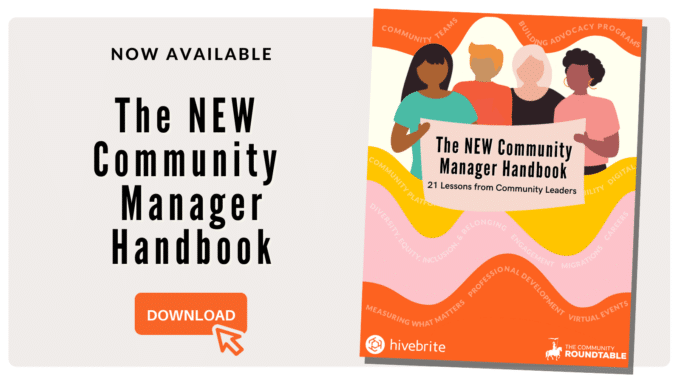
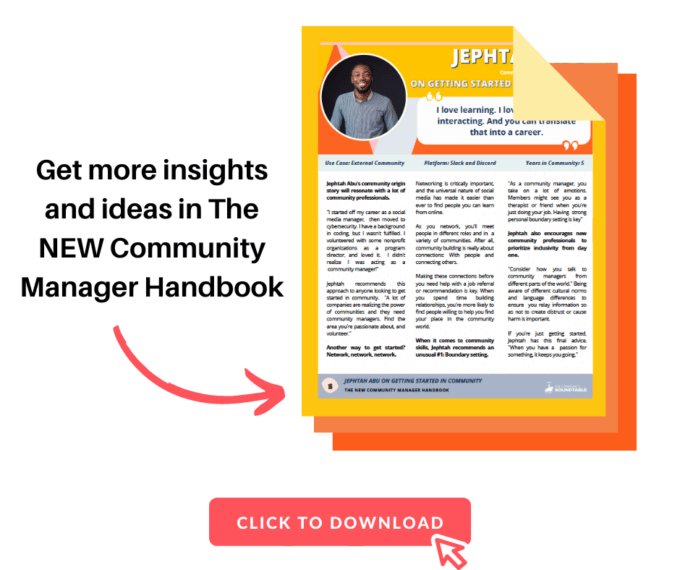

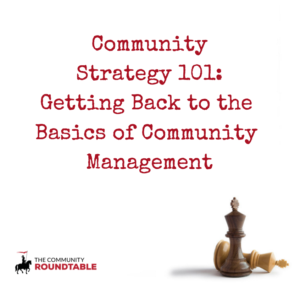 By Shannon Abram, The Community Roundtable
By Shannon Abram, The Community Roundtable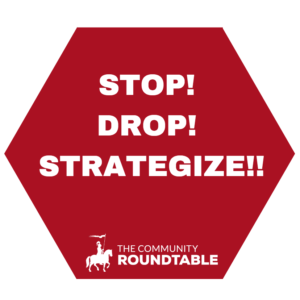 achieve them. When you have a roadmap, your conversations with stakeholders become more productive. Instead of talking about “why we should invest in community,” you can discuss where to target your investments.
achieve them. When you have a roadmap, your conversations with stakeholders become more productive. Instead of talking about “why we should invest in community,” you can discuss where to target your investments.